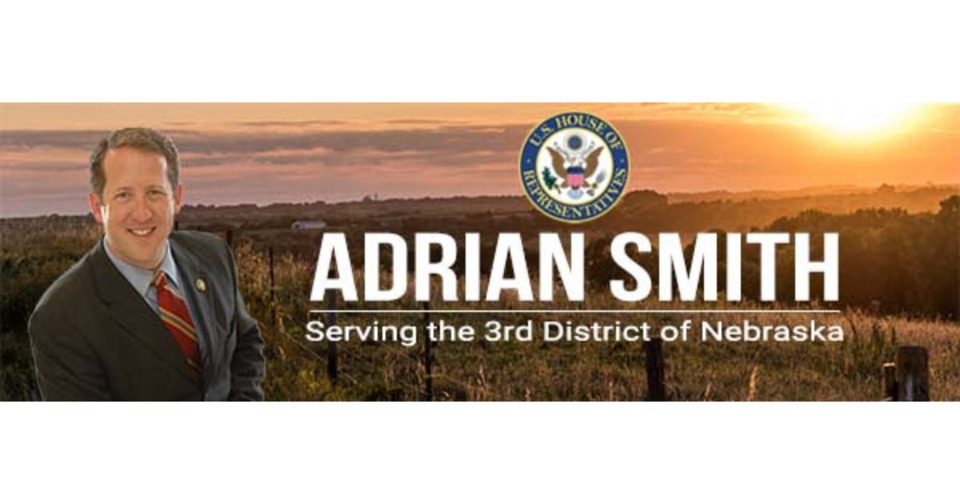Overcoming Rural Health Care Challenges

One-size-fits-all mandates from Washington are rarely the answer to the problems Americans face, and health care is no exception. As anyone who has traveled our state can see, there is endless diversity of needs across our communities. The health care challenges, and the solutions needed to best serve them, are just as varied.
While access to care is not a challenge unique to rural communities, our communities must overcome limited labor forces and expansive coverage areas which make it impossible for them to enjoy the economies of scale which benefit large urban health systems. In fact, describing many Third District communities as “rural” downplays the magnitude of the barriers to health care access they face; I would argue a more appropriate designation would be “remote.”
Nebraska’s 62 Critical Access Hospitals and more than one hundred Rural Health Clinics operate under razor thin margins and must be financially sound, innovative, and hardy in order to meet the health care needs of patients in our state. To recognize the hard-working health care providers serving rural and remote communities in the Third District and around the country, this week I joined 50 of my colleagues to introduce a bipartisan resolution to designate November 21st as National Rural Health Day.
Americans who need care from traditional health care facilities, long-term care facilities, and home health service providers, are dealing with challenges such as lack of accessibility and affordability. In fact, an increasing number of these facilities have been forced to close or consolidate in recent years. Heavy-handed mandates such as the Biden administration’s nursing home staffing requirements, which were enacted without legislation, threaten to worsen the closure crisis and leave our seniors without local care options. Independent analysis shows 80 percent of nursing homes would not be able to comply with this rule. Because of this, I am a cosponsor of the Protecting America’s Seniors’ Access to Care Act (H.R. 7513) which would block this mandate’s implementation.
To overcome the challenges we face, innovative solutions are needed. Telehealth is a promising field which can help increase health care access everywhere, and it is important for Congress to recognize and leverage the value of such advancements in technology. Telehealth solutions can particularly benefit areas of the Third District where driving distances can make it difficult for patients and providers to connect in person. Congress must ensure these options continue to be available in the future.
This week, I joined 39 colleagues in communicating to congressional leadership the importance of extending a telehealth policy set to expire at the end of the year which enables Americans with high-deductible health plans and health savings accounts to have access to telehealth services before reaching their deductible. My bipartisan bill, the Telehealth Expansion Act would make this policy permanent, ensuring this first dollar coverage for telehealth services is always available for those with high deductible health plans and health savings accounts.
Another challenge which disproportionately impacts rural Americans is drug shortages. For Americans who depend on pharmaceutical drugs for critical treatment, an unexpected drug shortage can seriously worsen health outcomes and in many cases will lead to delayed care, inferior substitutions, and even hospitalization or death. As of September 2024, there were over 275 active drug shortages listed on the Food and Drug Administration’s (FDA) drug shortage list.
This week, I introduced a new, bipartisan bill to help reduce the prevalence and severity of drug shortages. This bill would enhance access to critical medicines Americans depend on by streamlining communication among providers and the FDA when supply chain needs are anticipated.
Advancing solutions to support providers and improve health outcomes for rural Americans is one of my top priorities in Congress. While carefully considering the varied circumstances and needs of communities across the country, we can find consensus on common sense solutions to many of our health care challenges. I am committed to fighting for better outcomes and coming together with my colleagues to support providers and empower patients.
